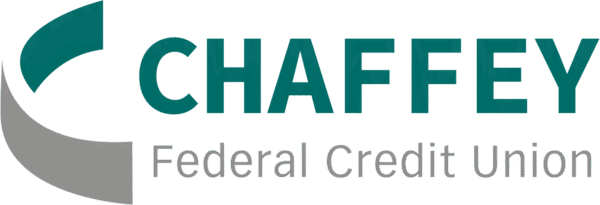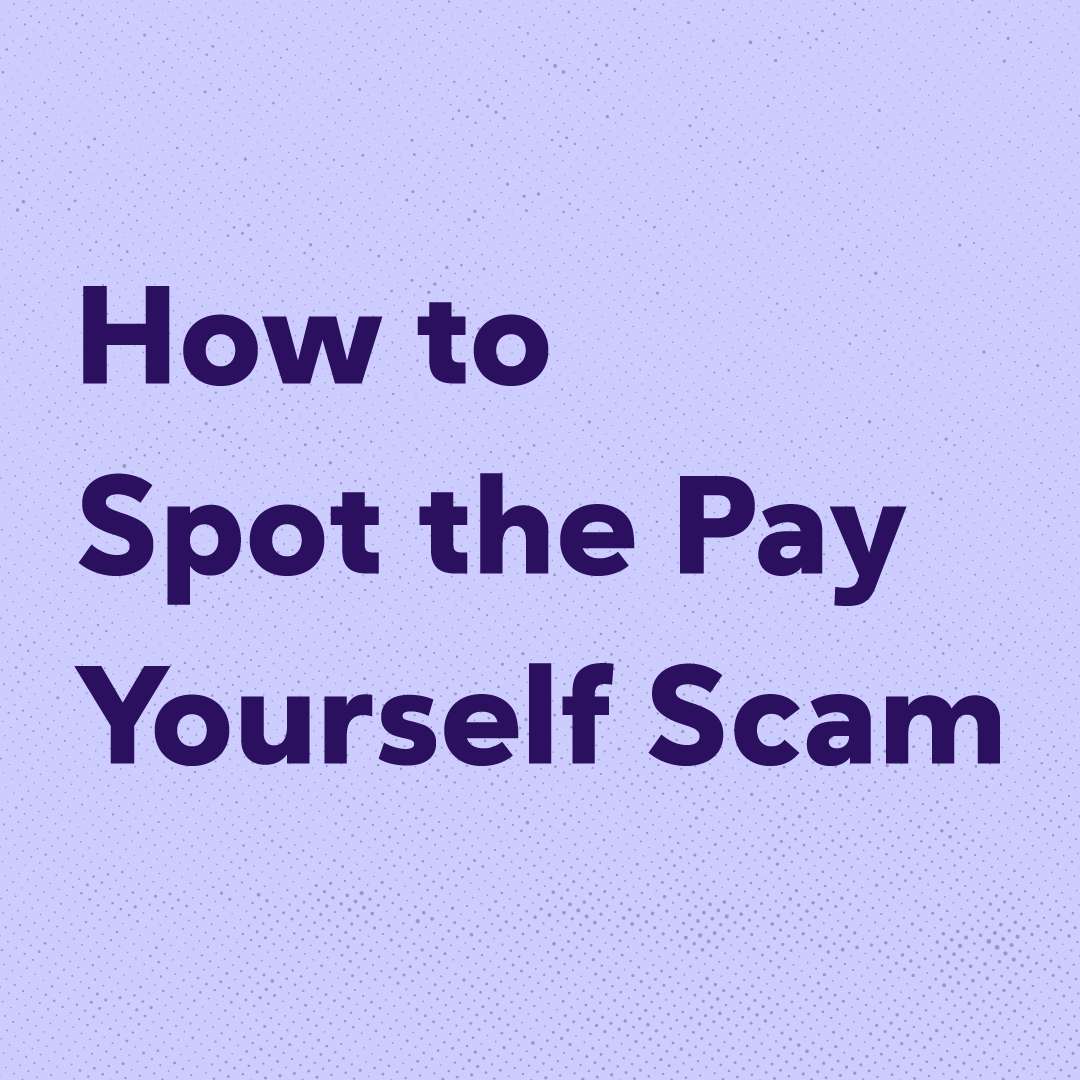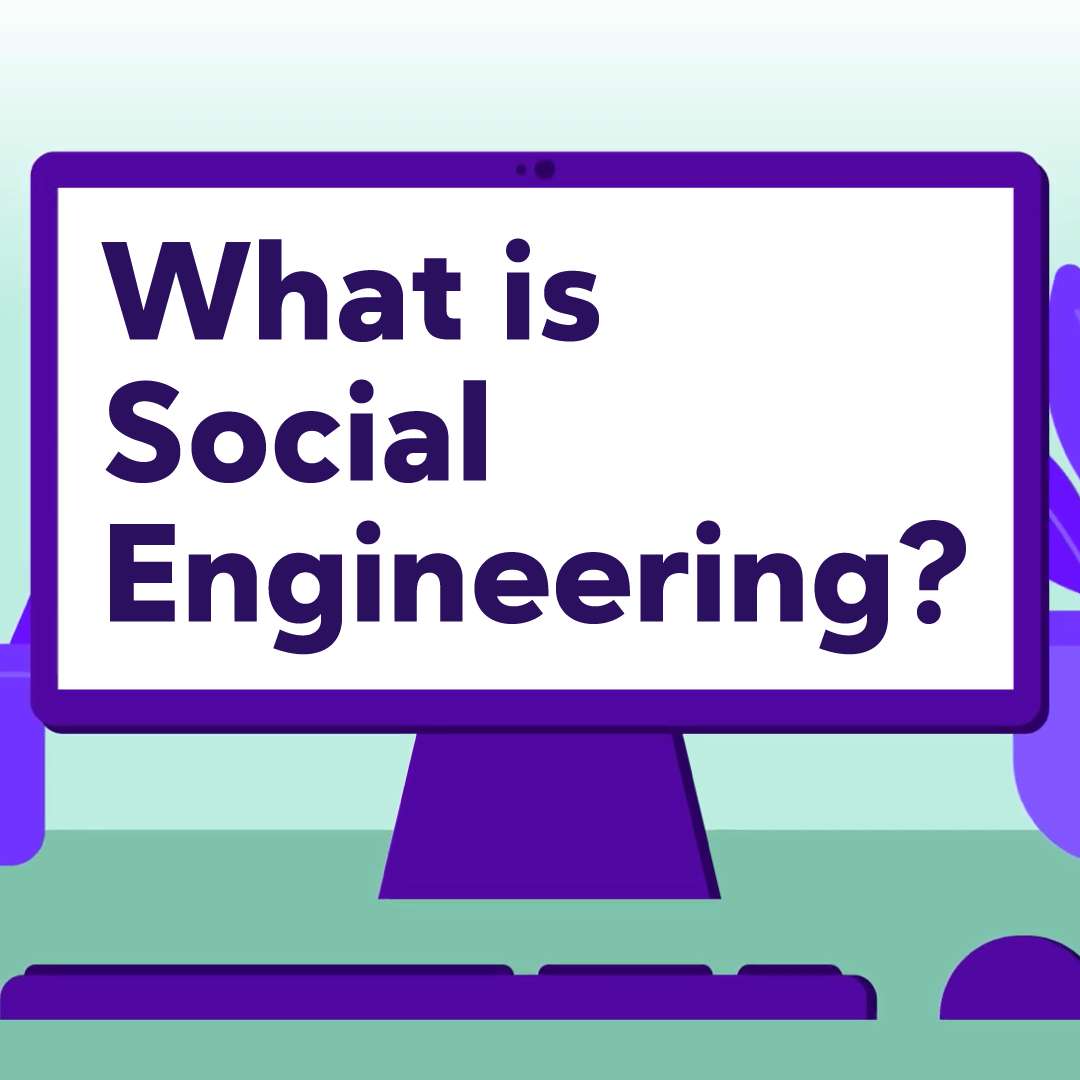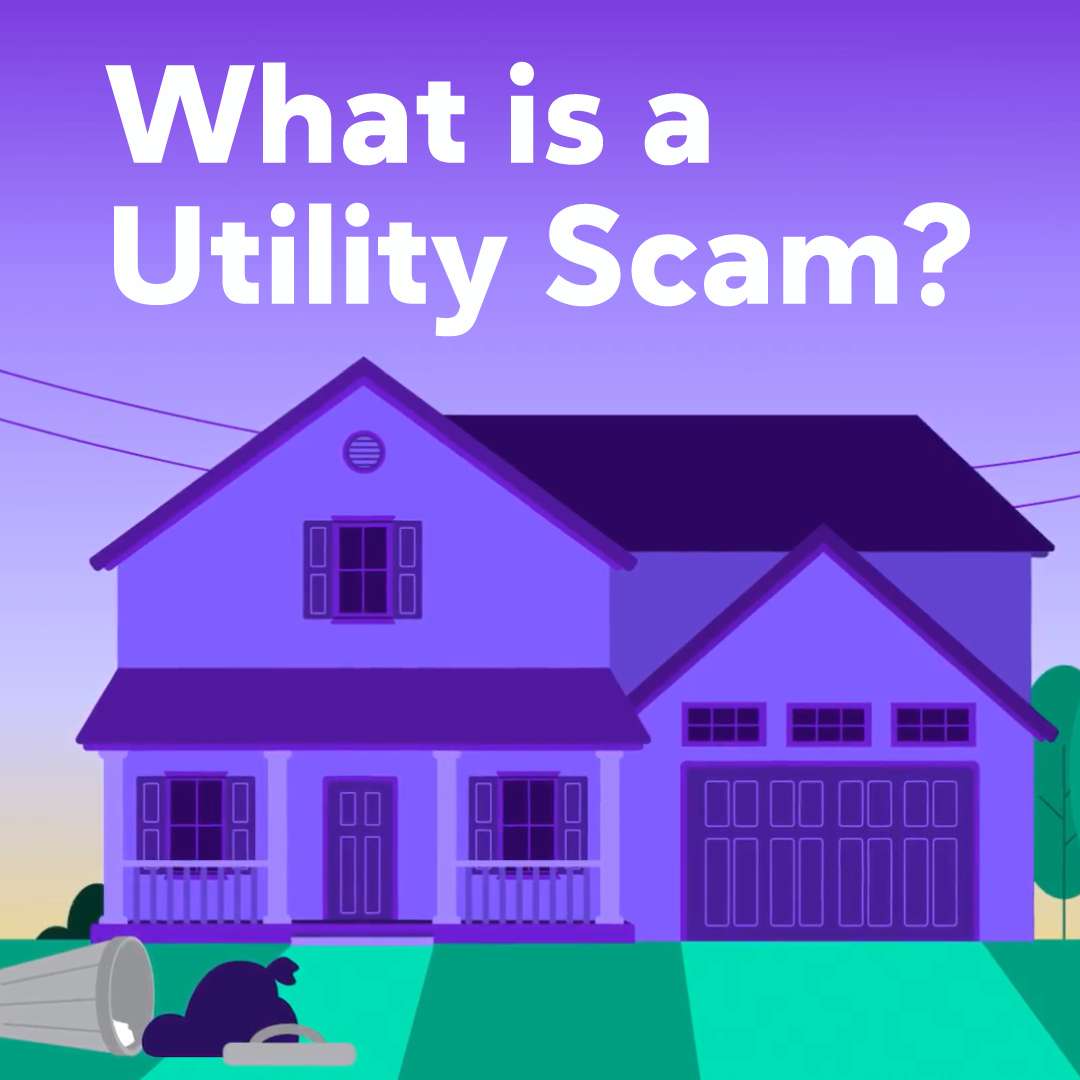Many basic necessities rely on utilities we take for granted. And that makes them perfect for a scammer to exploit.
Like many other scams, utility scams occur when a scammer pretends to be someone they’re not. In this case, the scammer poses as a representative from your power or water company and threatens to turn off your services unless you send payment right away or provide some important personal information.
Different Approaches, Same Intent
These scams can happen through email, over the phone, via text message, and in person. In some cases, the scammer may report you’ve overpaid for services and ask for a bank account, credit card, or utility account information to allegedly issue a refund. Your actual utility company would already have this information. What’s more likely is that the scammer is trying to get personal information to commit fraud. Utility scams typically include an urgent notice threatening to cancel your service due to a missed payment, leaving you without heat, air conditioning, or water. Scammers use urgency to create panic and scare you into acting fast without thinking or confirming the authenticity of the situation. People posing as utility workers may show up at your home for a fake inspection or equipment repair, investigate a supposed gas leak, or conduct a “free” audit for energy efficiency. They will try to charge you for the fake service, sell you unnecessary products, or collect personal information to use in identity theft activities.
Fast Payments Work in Scammers’ Favor
Since electronic payments are a fast way to send money and often can’t be reversed, the scammer may say that they need immediate payment via bank wire, gift card, Zelle® or digital payment apps like Venmo, to keep your utilities running. These scams are often timed for maximum urgency, such as peak heating or air conditioning seasons, or right before a big holiday celebration like Thanksgiving.
How to Protect Yourself
Watch for these warning signs to detect a utility scam in progress:
- An unscheduled or unsolicited call or visit from someone claiming to represent your power or water company. No matter how great the offer or frightening the situation sounds, decline any action until you can verify its authenticity.
- Threats to cut off service unless an overdue bill or maintenance cost is paid immediately. Most utility companies send multiple notifications before canceling service.
- Requests for personal account information or payment via bank wire, gift card or digital payment platforms, like Venmo or Zelle®. If you experience any of these situations, follow these steps:
- Slow down and ask questions, like what their employee identification number is or confirm the date and amount of your most recent payment.
- Do not respond to text or email messages threatening to turn off your utilities.
- Call the utility company using the number on your bill or the company’s website before taking any action. Do not use a number provided by the representative.
To learn more about scams and ways to protect yourself, visit chaffey.com/stay-informed or zellepay.com/pay-it-safe.








